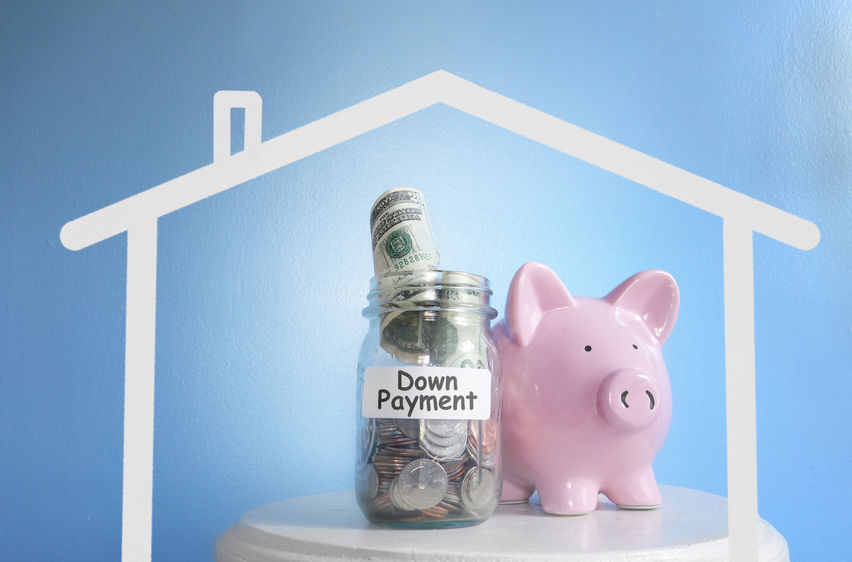
The majority of hard money lenders do require some down payment. How much you need to put down on a hard money loan depends on three factors:
1. The price of a property you are purchasing.
2. The costs of the renovations you are planning to do.
3. The underwriting requirements of a hard money lender you are working with.
Reputable hard money lenders provide most of the funds needed but also require borrowers to contribute their own funds. The maximum loan amount they lend is a percentage (or a combination) of the purchase price, rehab costs, or the after-repair value of the property. Few hard money lenders issue loans that exceed 90% of the overall purchase and repair costs. In general, to start flipping homes, borrowers need a nest egg of between $20,000 and $50,000.
There are several reasons why lenders want borrowers to contribute their own funds. First and foremost, they want to make sure that borrowers have some skin in the game and are not just speculating with the lender’s money. By lending on a property that is in deep disrepair and betting that its future value would eventually increase, the lender takes quite a bit of risk. They want their borrowers to share in that risk.
In addition, hard money lenders want to lend to borrowers who have a history of making responsible financial decisions. Being a rehabber is like running your own business: you must be well-versed in multiple disciplines. You need to have experience in developing realistic budgets and staying within them, effectively managing people, pricing, and marketing your products. The best evidence of such skills is a certain level of personal savings or an ability to raise funds from your personal circle of family, friends, and colleagues.
Are there cases when you don’t need to put a down payment on a hard money loan?
There are three scenarios when you can qualify for a hard money loan without putting a down payment.
1. You own a property free-and-clear.
If you own a property free-and-clear and need money to rehab it, many private lenders will lend you the amount you need without you contributing any additional funds. The existing equity you have in the property will effectively serve as your contribution. We see this scenario with many well-heeled private investors who might have enough money to purchase a property outright but are running low on funds to renovate it. Such a scenario is also common with folks who inherit an outdated property and plan to remodel it before putting it on the market.
2. You are refinancing an existing hard money loan.
There are multiple reasons why borrowers might have to refinance one hard money loan into another. They might not like working with a particular lender, their hard money loan might be called due, or they might have run out of time and money to complete their renovation. If the borrower has enough equity in the property and the deal margins are strong, a new hard money lender might refinance them without requiring an additional down payment.
3. You have other properties to collateralize against.
Even well-to-do investors might find themselves in the temporary cash crunch, especially if they are juggling several properties at once. In such cases, instead of asking a borrower to contribute cash, some private lenders might be able to tap the equity in their other homes. Such a technique is called cross-collateralization and such loans are often referred to as hard money bridge loans.
Rehabbing and flipping a property is a form of real estate investing. As a real estate investor, you are expected to have something to invest. In addition, if and when you are using a hard money lender, you are expected to demonstrate that you are a good risk and are likely to repay your loan as agreed. While the exact down payment on a hard money loan varies from lender to lender and from transaction to transaction, a down payment is a sure way to mitigate lender’s risk and ensure that they are working with strong borrowers. Adequate personal savings and decent credit history are two ways to demonstrate such strength.
New Funding Resources is a hard money lender in Maryland, Virginia, and Washington, DC. Whether you are investing in Woodbridge, VA or Montgomery Village, MD, we know the local market inside out and are ready to help with flexible lending and practical advice.
 New Funding Resources
New Funding Resources 





Leave a Reply